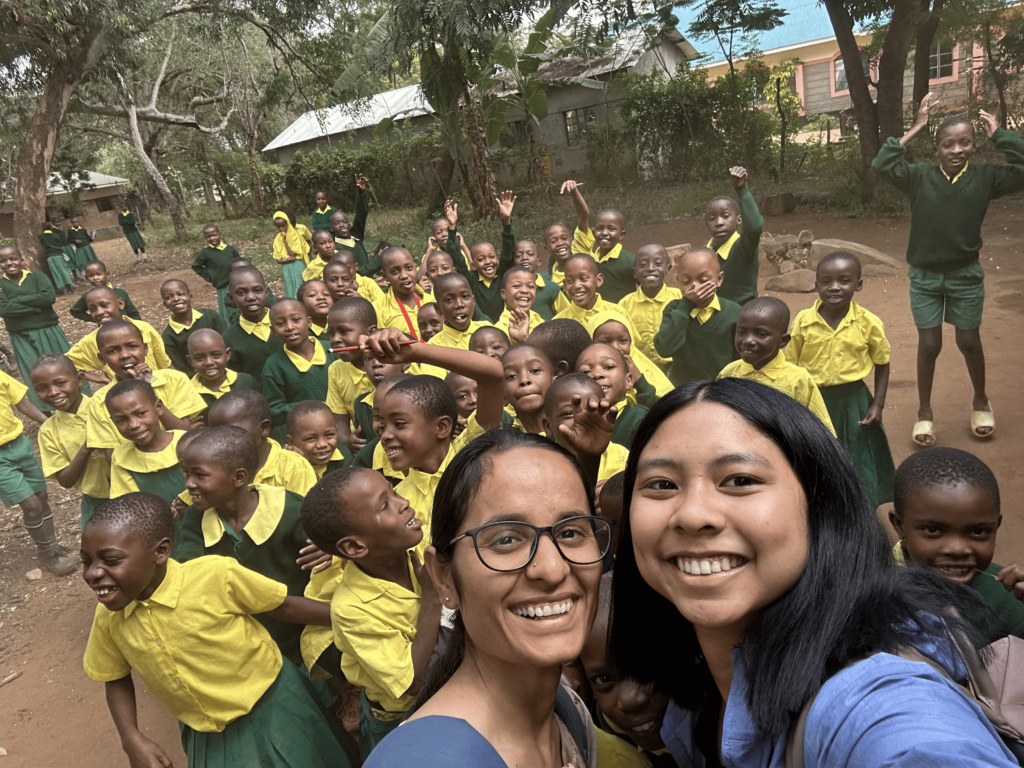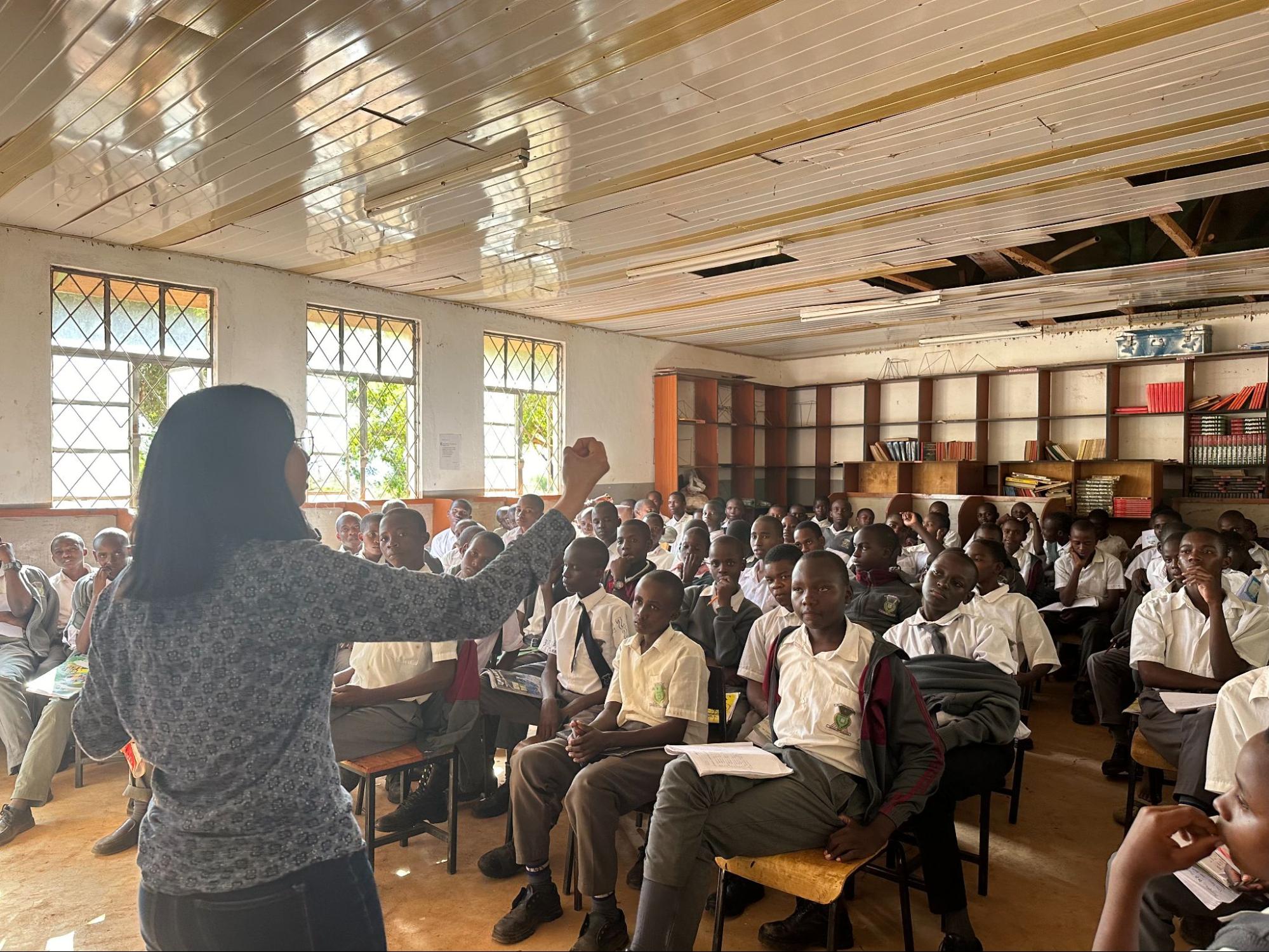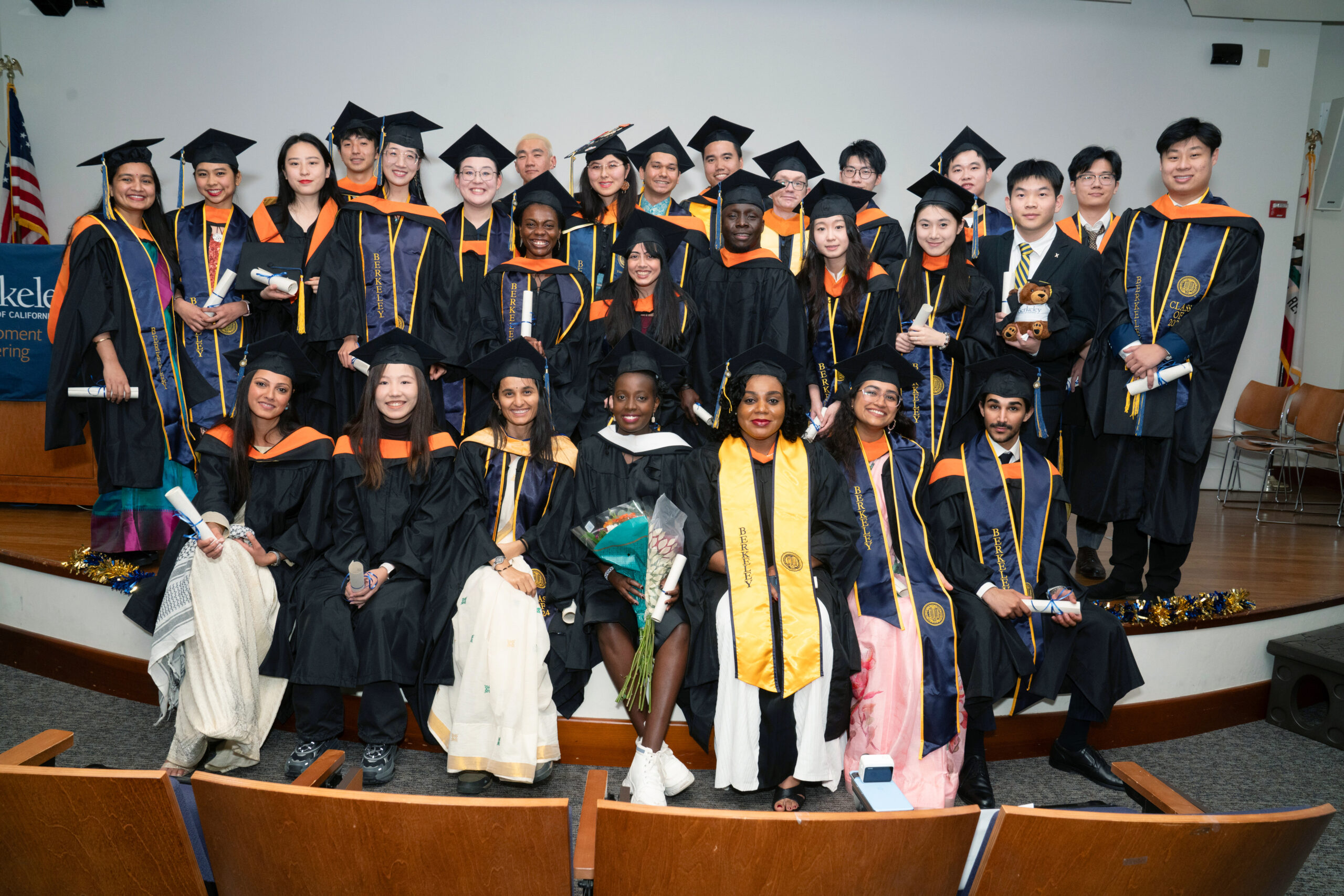The American Himalayan Foundation (AHF) has joined with Dr. Aruna Uprety in her efforts to combat the trafficking of one of Nepal’s most vulnerable populations: young girls. Stop Girl Trafficking (SGT), founded by Uprety, has become one of AHF’s core programs in supporting the people and cultures of the Himalaya. Unlike many anti-trafficking programs, SGT focuses on prevention: preventing girls from being sold into brothels, forced into child marriages, or trapped into involuntary servitude by providing them with the means to stay in school.
According to Uprety, “Prevention is rescue without the suffering” because keeping girls in school and educating their communities about trafficking prevents young girls from being trafficked from the very start.
Uprety is the driving force behind SGT’s visionary approach. She visited the Blum Center on April 13, 2016, to share her incredible story and discuss the impact of Nepal’s April 2015 earthquake on her work. Bruce Moore, Regional Field Director of AHF, was on hand at the event to introduce Dr. Uprety and help her field questions.
Thousands of people were killed or injured in the earthquake. Many lost their homes and all their belongings. SGT and AHF mobilized quickly to help as many children and families as possible in the wake of the disaster. 3,800 girls were added to SGT’s existing roster of 11,000 girls and the program underwent an $840,000 expansion in order to provide services and resources to the local population. Workers and volunteers from SGT and AHF spent up to twelve hours a day assembling packages of food, clothing, sanitary pads, and other essentials that were distributed to the community.
Schools were closed after the earthquake and many families no longer had the money to pay for schooling. Local teachers reached out to SGT to step in during this difficult time. In response, AHF put up temporary buildings, and SGT helped thousands of children go to school. The impact of their work was profound. Uprety received countless letters including one from an eighth grader whose house collapsed in the earthquake. The girl was trapped under the house for two hours before her neighbors rescued her. Her family survived, but they lost everything, including all the materials the eighth grader needed to attend school. SGT was able to provide her family with the essentials they desperately needed. Because of their help, the girl was able to return to school.
Stories like these are the reason why Uprety continues to do her work. To date, not a single girl in SGT’s educational program has disappeared or fallen victim to trafficking. Uprety explains that the continued success of the program is dependent upon educating parents, students, teachers, and entire communities about how to spot traffickers and their techniques as well as the warning signs that a girl might be trafficked. Next steps include expanding the number of girls reached by the program and developing opportunities for continued higher education.
Currently, SGT focuses on educating girls up to the tenth grade, and AHF has piloted entrepreneurial and vocational training for graduates from Uprety’s program. AHF’s most recent partnership with the Federation of Business and Professional Women Nepal has been a standout success. The Federation’s Business Service Centre Project has empowered SGT graduates to start their own businesses. One participant opened her own computer academy that sells computer parts and provides technological education to the surrounding community. Another young woman started a successful textile company that sells items like scarves and sweaters. Other graduates from Uprety’s program have gone on to universities in places as far as Japan. Many have received full scholarships.
Beyond the academic and professional success of these former students, Uprety says that one of the best indicators of their program’s impact is the fact that many of the girls return after graduating to volunteer with SGT. It is this culture of community support that SGT believes will carry their work into the future.
About The American Himalayan Foundation:
The American Himalayan Foundation (AHF) is committed to helping “those in need who have no one else.” Concerned by issues of environmental degradation, the lack of basic health care as well as education, and the disappearance of traditional ways of life in the Himalaya, AHF endeavors to create “positive, tangible change” within the region. The organization helps hundreds of thousands of Sherpas, Nepalis, and Tibetans throughout the Himalaya each year by providing services and tools for education, health care, cultural preservation, and anti-human trafficking efforts.



